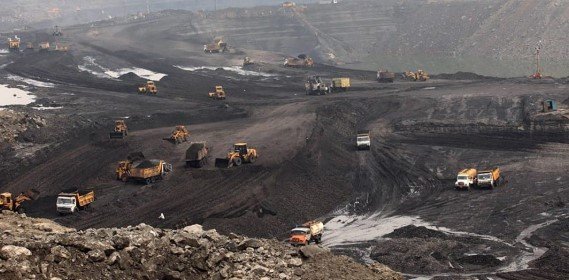New Delhi, India, 16/12/2024: The Indian government has introduced a new set of stringent guidelines to regulate the expenditure of District Mineral Foundations (DMFs), aiming to improve transparency, efficiency, and accountability in the use of these funds. The measures are intended to ensure that resources collected under DMFs are effectively utilized for welfare activities in mining-affected districts. Officials have emphasized that states failing to comply with these governance rules may face suspension of fund disbursals, underscoring the seriousness of the initiative.
Under the new framework, the Union Mines Ministry has been empowered to investigate instances of non-compliance with DMF rules, particularly when funds are diverted from intended welfare purposes. A senior official remarked, “There are reports of DMF expenditure not being very well managed in some states. We want to plug the loopholes.” This move highlights the government’s commitment to ensuring that financial resources reach the communities that need them the most.
DMFs function as statutory trusts set up by state governments in mining-affected districts and are funded through contributions from mining companies, as mandated by the Mines and Minerals (Development and Regulation) Act, 1957, amended in 2015. These foundations are responsible for planning and implementing welfare projects that improve health, education, livelihoods, and infrastructure in local communities. States are expected to take prompt action against any instances of mismanagement or diversion of funds.
To reinforce accountability, the Centre has also established a complaint mechanism, which allows it to order investigations and, if necessary, suspend fund disbursals for states that violate DMF rules. Currently, DMFs have been set up in 645 districts across 23 states, each with its own set of operational guidelines and rules.
Official records indicate that since their inception, DMFs have collected ₹90,027.19 crore, with ₹57,098.24 crore already utilized to fund 181,433 projects worth ₹29,848.41 crore. These projects cover a wide spectrum of community development initiatives, ranging from infrastructure development to healthcare, education, and livelihood programs, all aimed at improving living conditions in mining-affected areas.
The push for stricter monitoring comes after repeated concerns raised by Members of Parliament regarding the misuse of DMF funds for non-developmental activities. In response, the government has introduced more robust oversight measures, including audits by the Comptroller and Auditor General (CAG) of India. While the CAG has previously audited DMFs at the state level, the current exercise will take a broader, nationwide perspective to assess both implementation and impact.
With these strengthened guidelines, the government aims to close loopholes, safeguard DMF resources, and ensure that funds are effectively directed toward improving the welfare of communities most affected by mining activities, promoting both development and accountability.


